ACT drug laws: $100 fines for cocaine, ice, heroin and MDMA but motorists penalised for millions
Drug users busted in the ACT face just a $100 fine for possessing up to 15 street deals worth of ice after controversial decriminalisation laws came into force meaning motorists will pay -- bemusingly -- more than three times that amount for exceeding a 40km speed zone on Canberra’s main road.
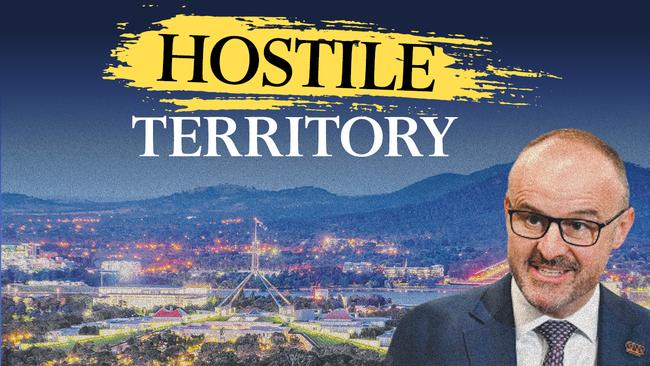
Drug users in the ACT now face a $100 fine for possessing up to 15 street deals worth of ice from Saturday after controversial decriminalisation laws came into force overnight, but motorists will pay more than three times that amount for exceeding a 40km speed zone on Canberra’s main road.
The Australian Criminal Intelligence Commission has warned that the ACT’s new laws decriminalising drugs will increase illicit drug use and mirror the uptick in consumption experienced in overseas jurisdictions that have taken the same approach.
Under the ACT shake-up, $100 fines now apply to drug users if they are caught in possession of illicit substances including up to 1.5 grams of cocaine, ice and MDMA and up to one gram of heroin.
Instead of paying the fine, drug users will also have the option of attending a one-off, one-hour education and information session with Canberra Health Services “either face-to-face or via telehealth” to seek support for their problematic drug use.
This is compared with a minimum $316 fine for motorists who exceed the speed limit by less than 15km/h.
The ACIC warned that the ACT’s consumption of cannabis, which was decriminalised in 202, had already jumped by 22 per cent and that effective drug policy reform required all jurisdictions to work together to ensure “serious and organised crime” groups did not exploit “gaps and inconsistencies between jurisdictions to undercut regulated markets”.
In a submission to a parliamentary inquiry on Australia’s illicit drug problem, ACIC estimated that the “personal use” threshold for hard drugs under the ACT government shake-up would allow Canberrans to possess up to 15 street deals worth of meth or amphetamine, seven street deals worth of cocaine and five street deals worth of MDMA and heroin.
The radical reforms, passed last year by the ACT government, will make Canberra the first city in the country to decriminalise hard drugs.
The move builds on a suite of left-wing reforms in the ACT over the past two decades, with the nation’s first Labor-Greens coalition government implementing an agenda unparalleled in Australia.
Other policies that have been nationally contentious are the forced takeover of the Catholic Calvary hospital and the legalisation of marijuana for personal use, including possessing up to 50 grams of the drug while being allowed to grow four plants of cannabis per household.
The government has also banned new gas installations in households and businesses, with new petrol car sales to be stopped by 2035 and old-fashioned fireplaces being illegal by 2045.
Federal opposition legal affairs spokeswoman Michaelia Cash said she was appalled that the penalty for drug possession would only be a $100 fine, arguing it was a reflection of the priorities of the ACT government and would send a “clear signal to motorcycle gangs and organised crime all along the Hume Highway”.
“In Canberra you will now pay more for parking across the lines in a shopping centre than being caught carrying ice,” Senator Cash said. “You will pay more for stopping your car near a post box than for possession of heroin.”
In March 2021, the ACT government reduced the 60km/h speed zone on the six-lane Northbourne Avenune in town to only 40km/h and installed speed cameras in June that year. The measures – condemned by the ACT Liberals – raised more than $12.5m in the first six months and resulted in the issuing of more than 67,200 infringement notices or roughly 369 per day.
Peter Dutton said he did not want to see “our nation’s capital turn into the drug capital” and accused Labor of “rolling out the welcome mat for ice, heroin, MDMA and speed on our streets, and making Canberra a safe haven for organised crime”.
“The Prime Minister has stood by and done nothing while the ACT Labor-Greens government has opened the door to dangerous drugs in Canberra,” the federal Opposition Leader said. “Unfortunately, the ACT hovernment is opening the floodgates for more drug use and more crime. It’s a recipe for disaster.”
ACT Attorney-General and Greens Leader Shane Rattenbury rejected the criticism, saying: “People do use drugs, and they’ll continue to use drugs. There is still a penalty there (and) people can be referred to a drug diversion pathways. So, this is not a signal that people should go out and just freely take drugs. What we’re trying to do is kick them out of the criminal justice system.
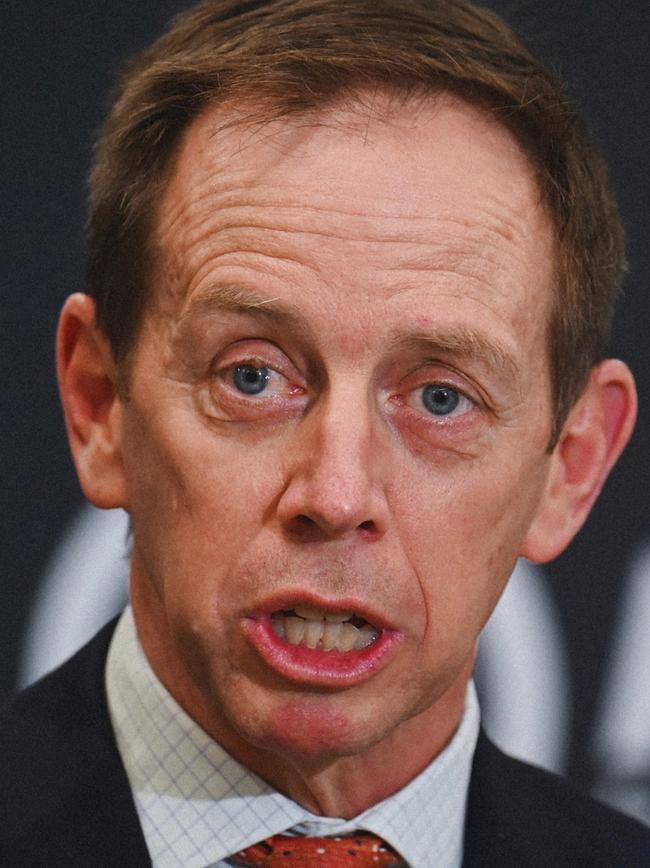
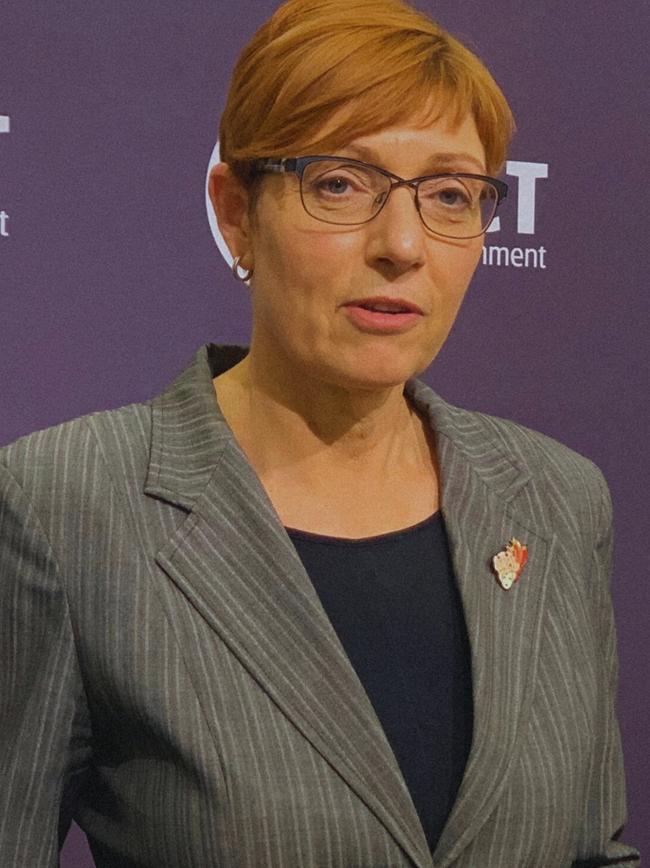
“I’d rather see police spending their time dealing with the drug dealers and the drug suppliers than the people who are possessing a small amount for personal use.”
Mr Rattenbury justified the heavier penalties for drivers who exceeded the 40km/h speed zone on Northbourne Ave than for drug possession on the grounds that “if somebody is possessing a small amount of one of those drugs for personal use, the risk to others is not particularly high”.
“The reality is that, when it comes to road safety, there is an exponential increase in risk to cyclists and pedestrians the higher your speed is above the speed limit ... Those 40 zones have been put in to recognise high pedestrian and cyclist volume in those areas.”
The ACT government is also banking on revenue from fines doubling in the next two years from an estimated $51m to $104.1m to plug holes in its annual budget.
ACT opposition transport spokesman Mark Parton said he suspected more 40km/h zones would be rolled out in areas “where they expect to ping a lot of people”.
“This extreme Left government doesn’t want you driving a car, and they display that in so many policy decisions that they make,” Mr Parton said.
ACT Chief Police Officer Neil Gaughan said it was important to remember that drug possession was still a criminal offence in the ACT and the new laws “simply reduced the penalties that now apply”. He added that ACT Policing supported drug dependency being addressed by the health system.
However, Deputy Commissioner Gaughan previously warned the change would turn Canberra into a drug-tourism destination, with users from Sydney being lured to the capital. He warned that he had seen the negative consequence of decriminalisation in the US where streets were filled with “zombified” addicts.
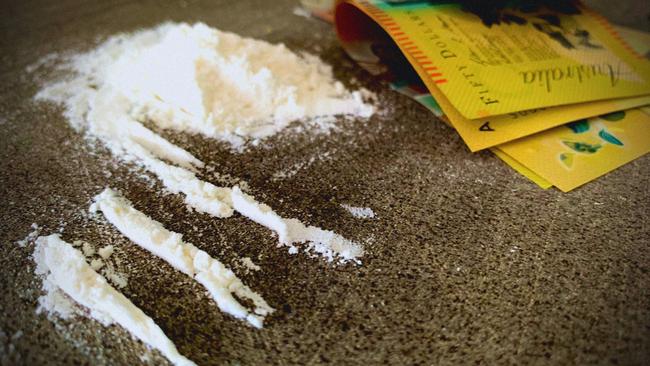
“The ACT is not a place where people can do drugs freely,” he said. “Police will still seize illicit drugs if we see them, even in small quantities, and will continue to divert the majority of personal possession offences to our partners at Canberra Health Services.
“It is also important to note drug driving laws have not changed - it remains an offence to have any amount of an illicit substance in your system while driving.”
Health Minister Rachel Stephen-Smith drew controversy in August after The Australian revealed that she had boasted to Labor supporters at an ALP national conference event about how her government had “quietly” pushed through legislation to decriminalise drugs.
Australian Border Force, ACT Policing, the Australian Federal Police and the ACT Liberals have all expressed concerns about the controversial soft drugs push.
The Australian Federal Police Association said it had “significant concerns” about the decriminalisation model arguing the ACT was not equipped with the resources, funding or programs to provide support to drug users in need of assistance.
A search of records in the ACT sentencing database shows only 15 people have served jail sentences in the nation’s capital solely for drug possessions in the past decade. The Australian understands some of these people have extensive criminal histories.
Monash Addiction Research Centre drugs expert Suzanne Nielsen defended the drug thresholds set out in the new laws, arguing that “a one gram kind of quantity of heroin isn’t a particularly large amount”.

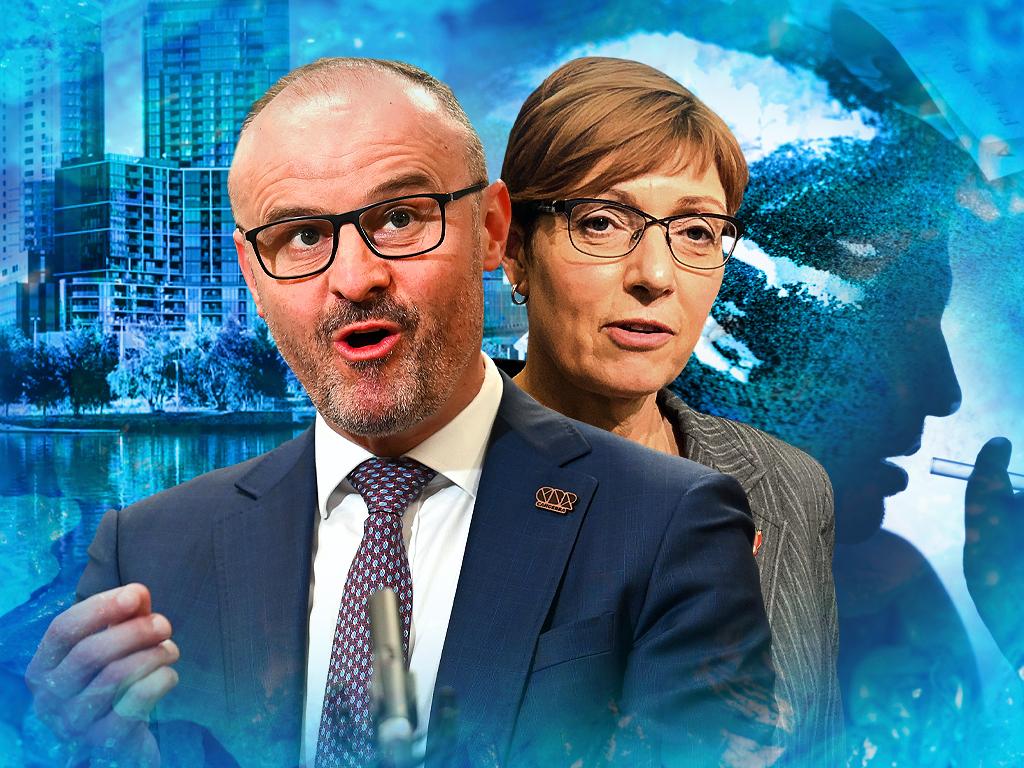
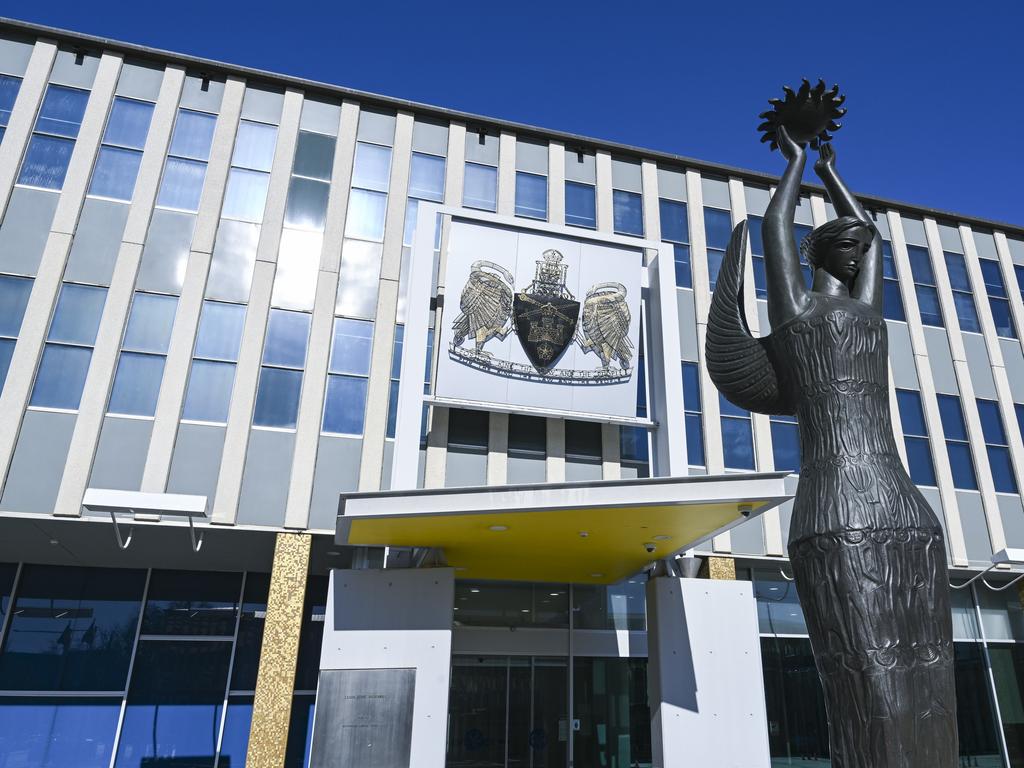
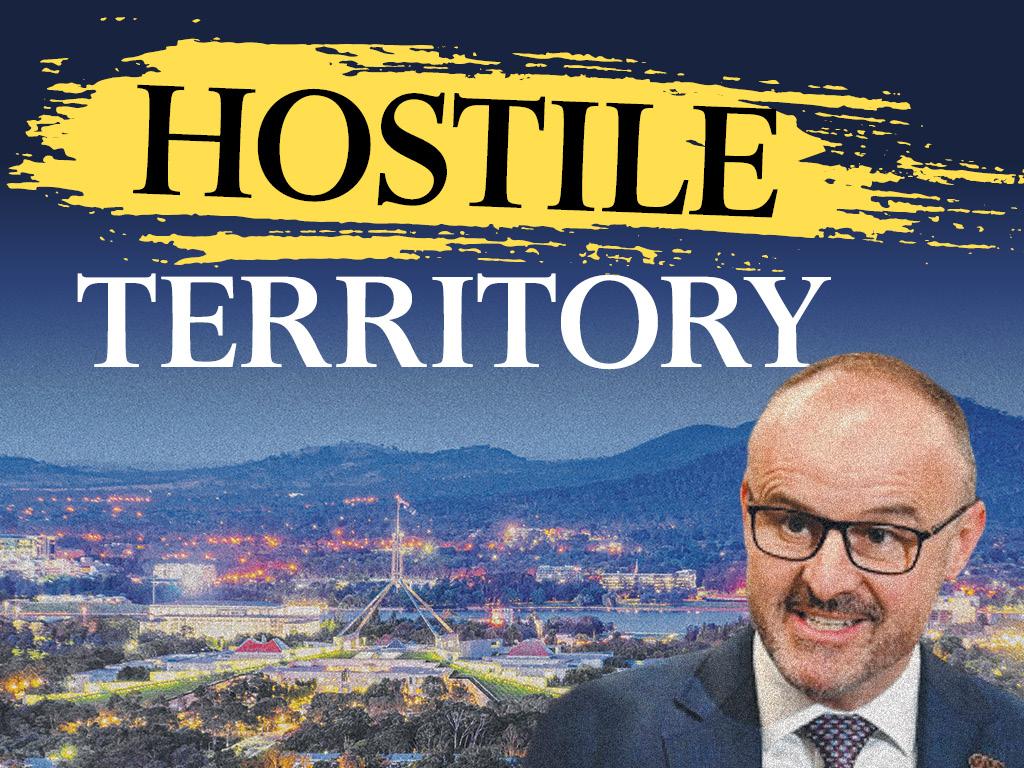
To join the conversation, please log in. Don't have an account? Register
Join the conversation, you are commenting as Logout